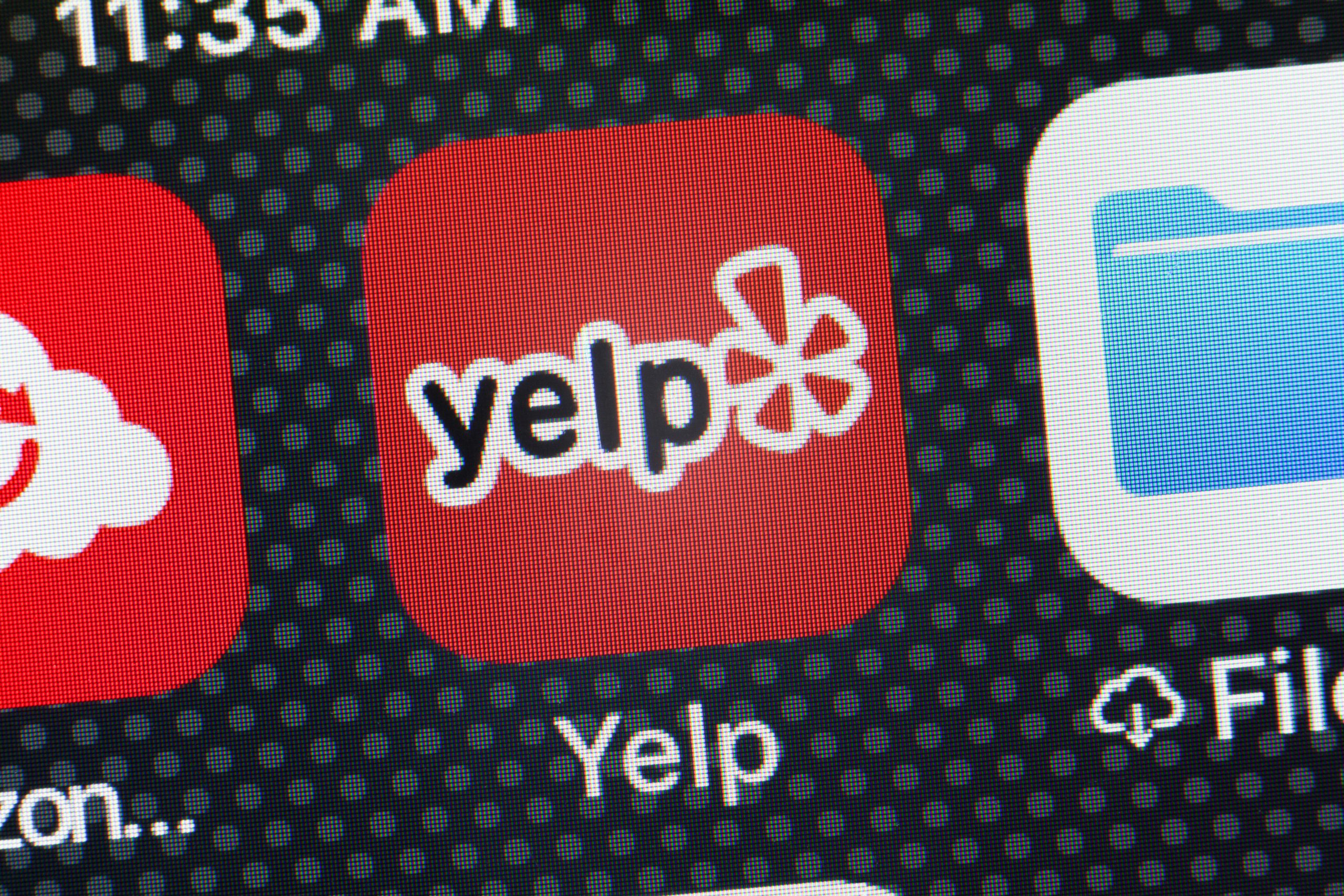
Chris Lange, FISM News
[elfsight_social_share_buttons id=”1″]
Yelp began flagging crisis pregnancy centers with consumer notices this week. The San Francisco-based company that posts crowd-sourced reviews on its website and mobile app embarked on a campaign to distinguish the centers from abortion providers back in 2018.
Crisis pregnancy center listings will now be accompanied by a prominent notice to users that the organizations “provide limited medical services and may not have licensed medical professionals onsite,” the company told Axios Tuesday.
Susan B. Anthony Pro-Life America president Marjorie Dannenfelser accused Yelp of using “discriminatory labels” designed to “scare women away” from getting access to vital support services and pregnancy resources, including medical services, according to a Daily Wire report.
“Shame on Big Tech companies like Yelp for colluding with the abortion lobby in their war on compassionate pregnancy help,” Dannenfelser said.
The abortion lobby meanwhile fights tooth and nail against women’s right to informed consent, including hearing their baby’s heartbeat or seeing an ultrasound. If Big Tech’s labels were truthful, they’d highlight all the real services pregnancy centers provide that Planned Parenthood and the abortion industry don’t, such as diapers, formula, clothing, strollers, parenting and childbirth classes, education and career help, and much more – typically free of charge.
Noorie Malik, Yelp’s Vice President of user operations, touted the move as a way to ensure that users are getting accurate information.
“After learning about the misleading nature of crisis pregnancy centers back in 2018, I’m grateful Yelp stands behind these efforts to provide consumers with access to reliable information about reproductive health services,” Malik told Axios.
Following the Supreme Court’s June ruling ending federal abortion rights, Democrats have demanded that crisis pregnancy centers and pro-life organization ads be distinguished from abortion providers in internet searches.
Massachusetts Sen. Elizabeth Warren, along with Sen. Bob Menendez (D-N.J.) and Reps. Carolyn Maloney (D-N.Y.) and Suzanne Bonamici (D-Ore.), introduced legislation in June that would direct the Federal Trade Commission (FTC) to prevent ads by crisis pregnancy centers from appearing in internet searches for abortion services. The measure would also empower the agency to punish violators. The lawmakers railed that pregnancy crisis center ads that frequently pop up in abortion search results are misleading and designed to dissuade women from seeking abortions.
Less than a week after Roe was overturned, New York Attorney General Letitia James called on Google to ensure that online searches using the word “abortion” omit pregnancy center ads.
While Democrats pursue censorship of pregnancy help service information and work to prevent women from gaining an informed view of crisis pregnancy options, a new poll shows that a majority of Americans hold a favorable view of crisis pregnancy centers and even support public funding for the organizations, the Christian Post reported this week.
Results of polling conducted by CRC Research between Aug. 3 and Aug. 7 show that nearly three-quarters of Americans (74%) surveyed said they support public funding of pro-life pregnancy centers after learning about the services they provide.
“Support for publicly funding pregnancy centers cut across party lines, with 78% of Republicans, 72% of Independents, and 73% of Democrats favoring the provision of taxpayer dollars to such organizations,” the Post said.
Just 14% of respondents oppose public funding for the centers.
Respondents were also asked to weigh in on the nationwide violent protests and vandalism of pregnancy help centers and churches following the SCOTUS decision. The poll found that a staggering 80% of likely voters favor prosecuting those responsible while only 12% disagreed.
The same majority agreed with a statement that “elected officials should publicly denounce this behavior and call for those engaging in it to be brought to justice,” with 11% of likely voters disagreeing with the statement.
Nearly two-thirds (59%) of likely voters said they are “less likely” to “vote for an elected official who refuses to speak out against acts of rage, violence, and vandalism against a pregnancy resource center,” compared to 26% who said they are “more likely” to support such a candidate.
